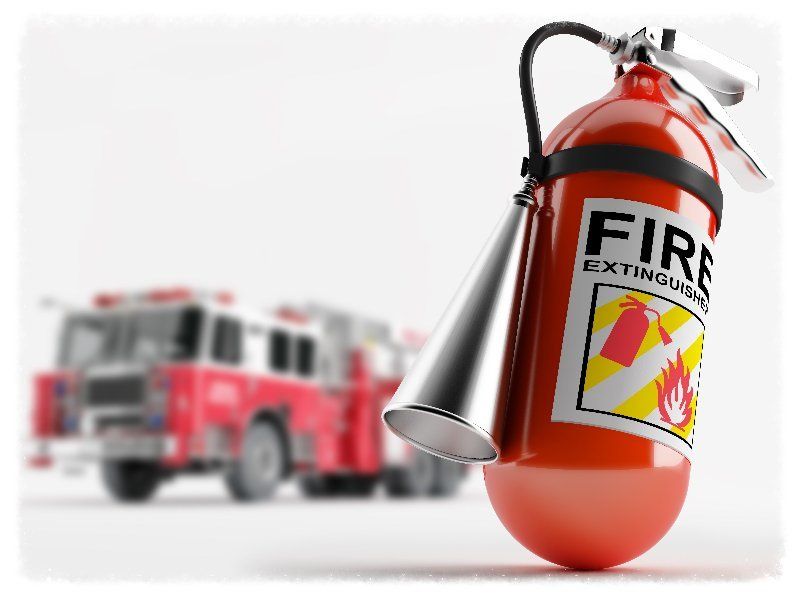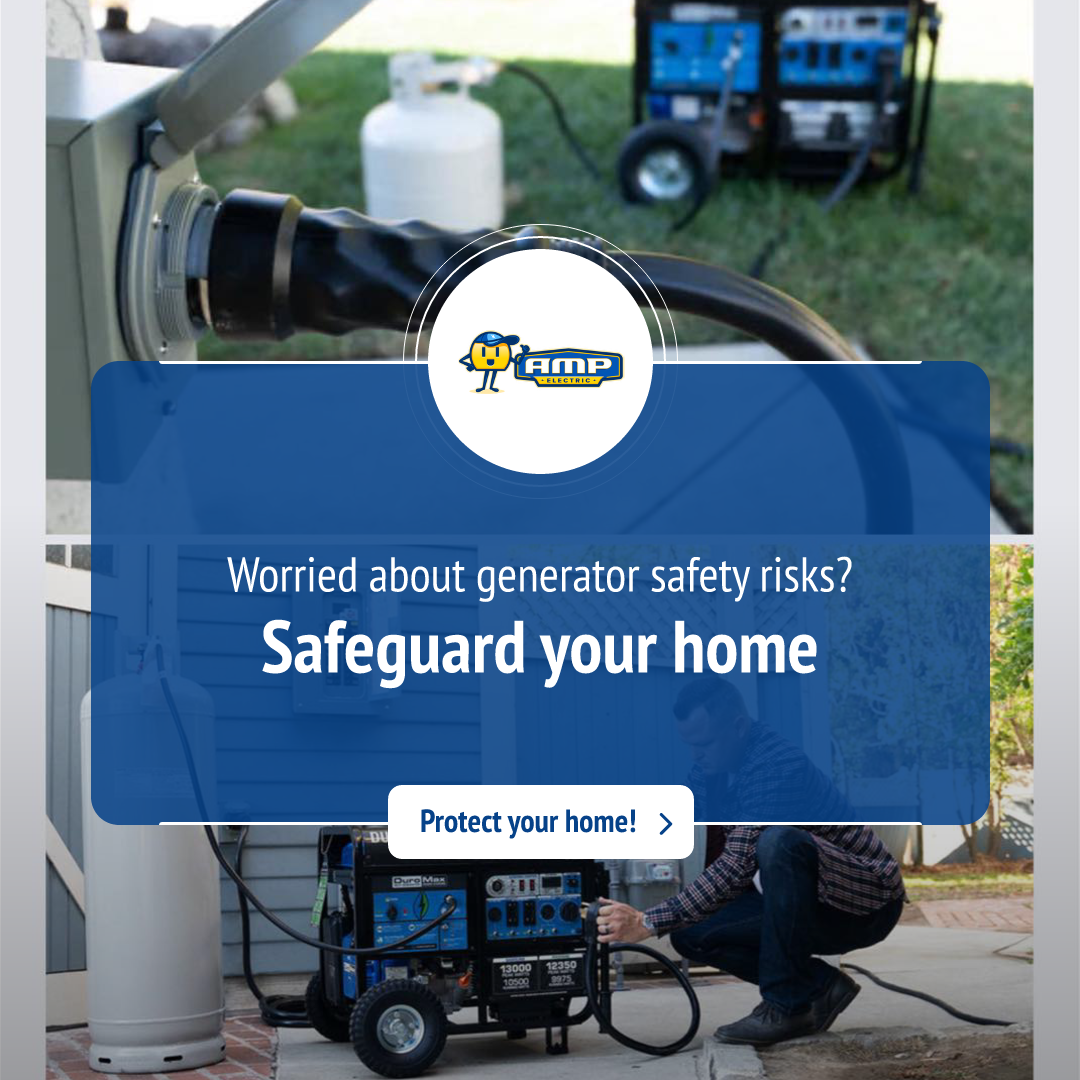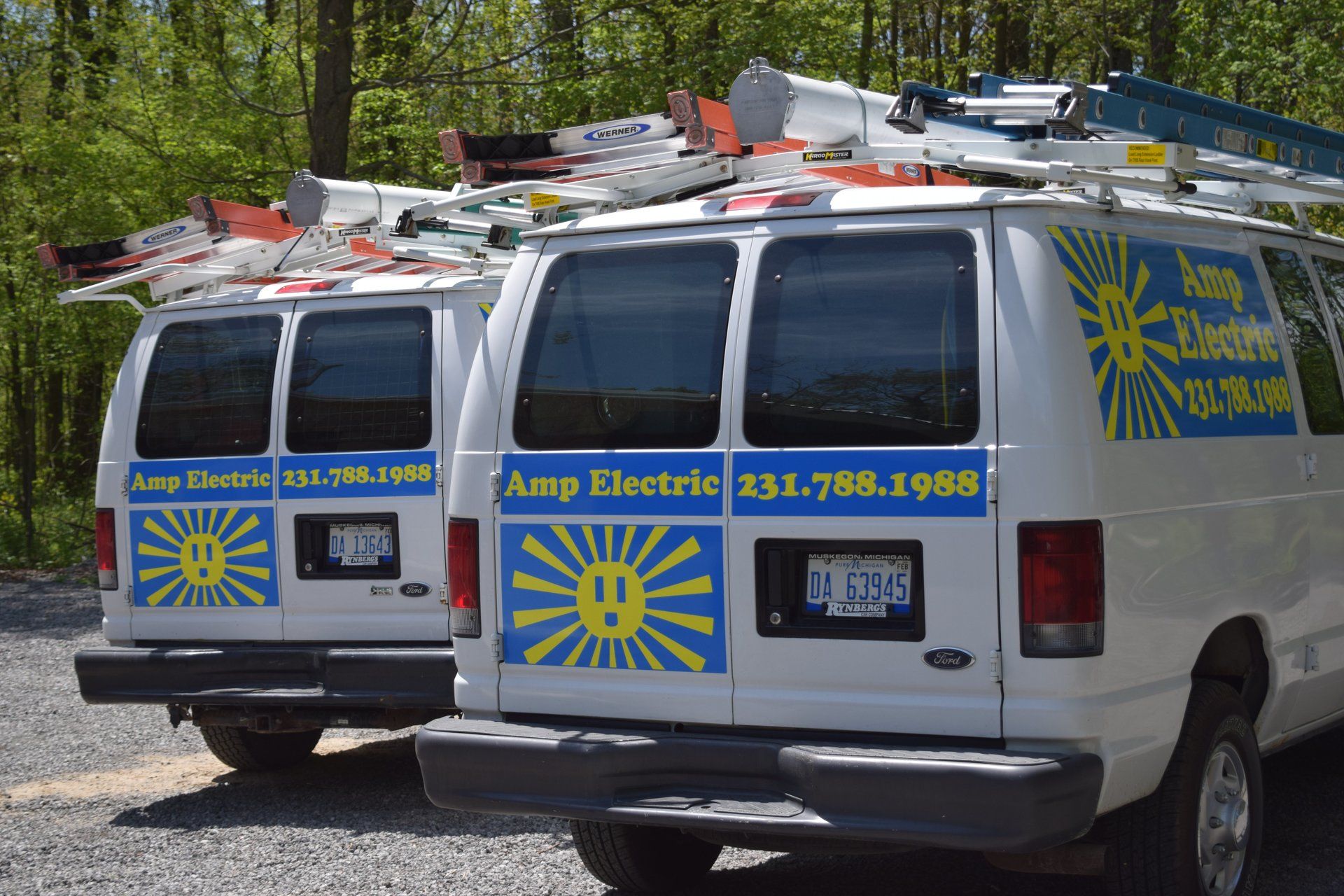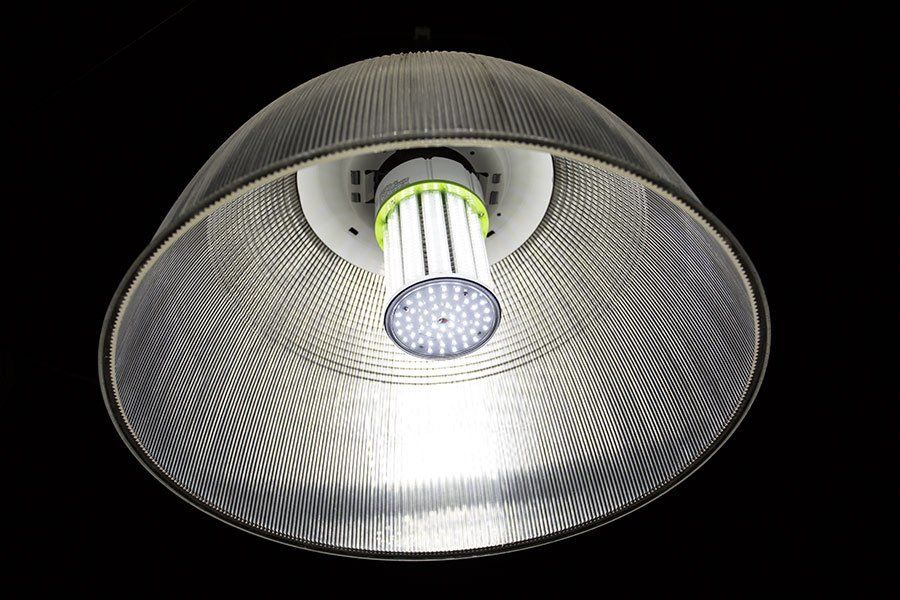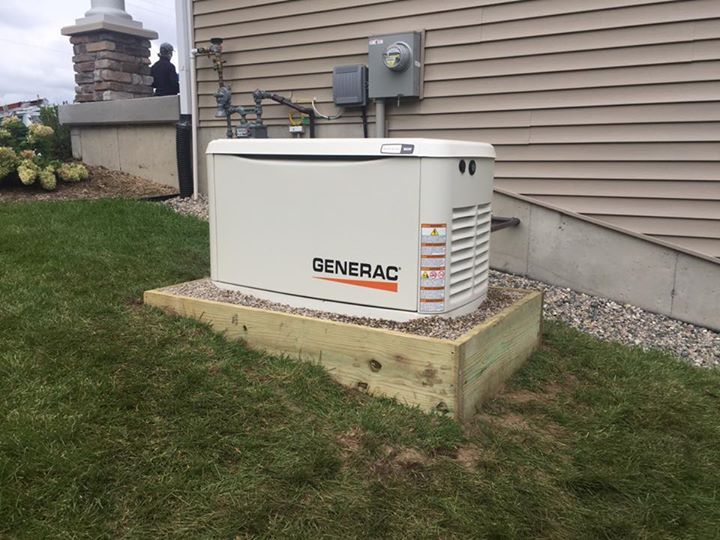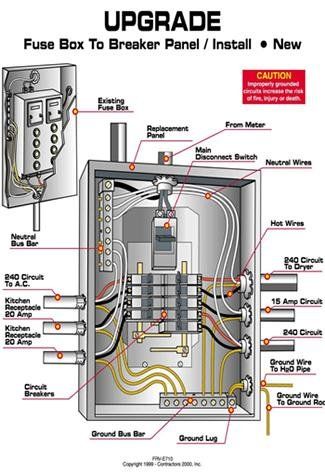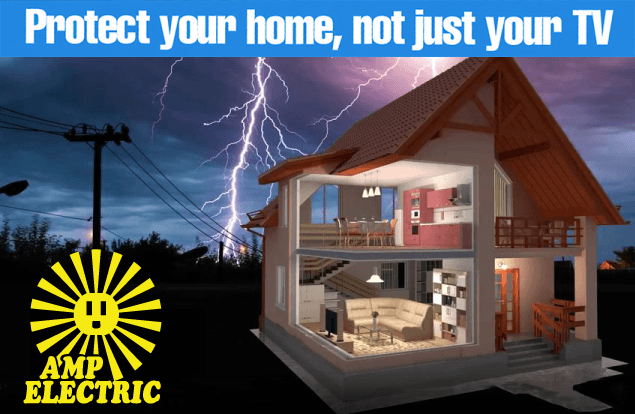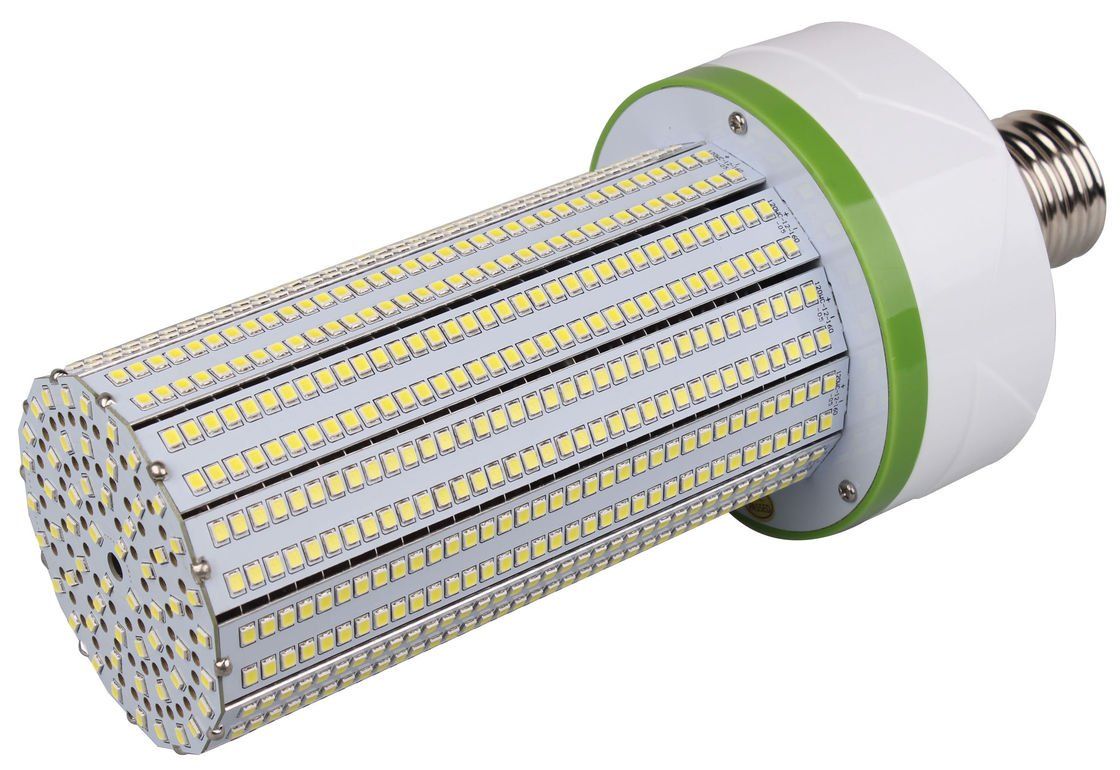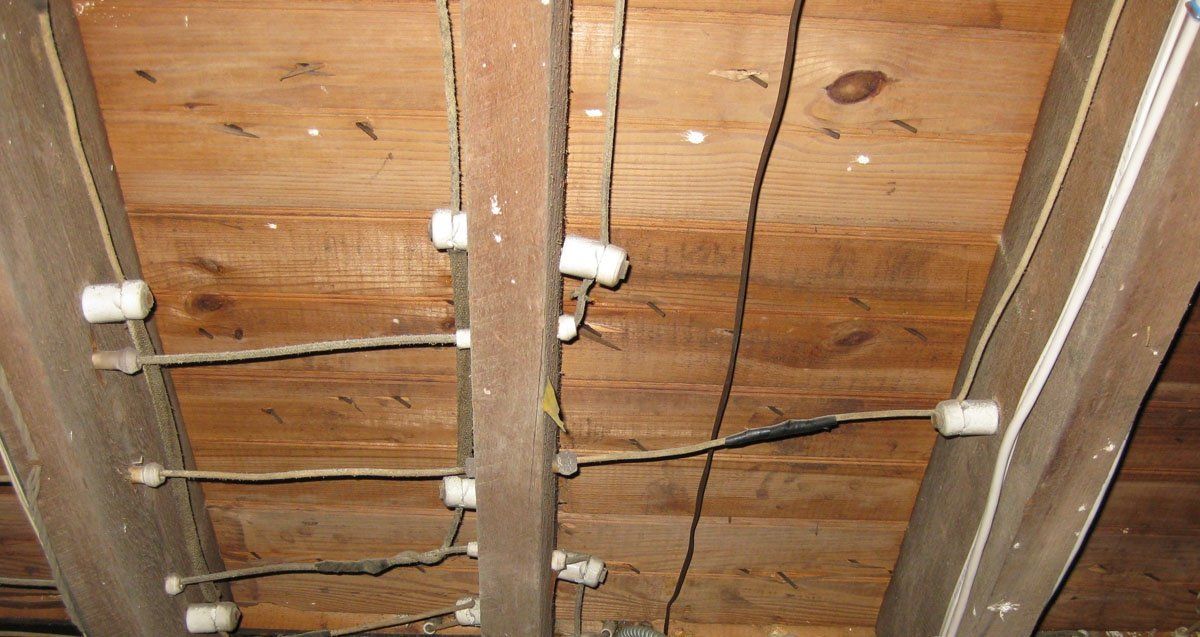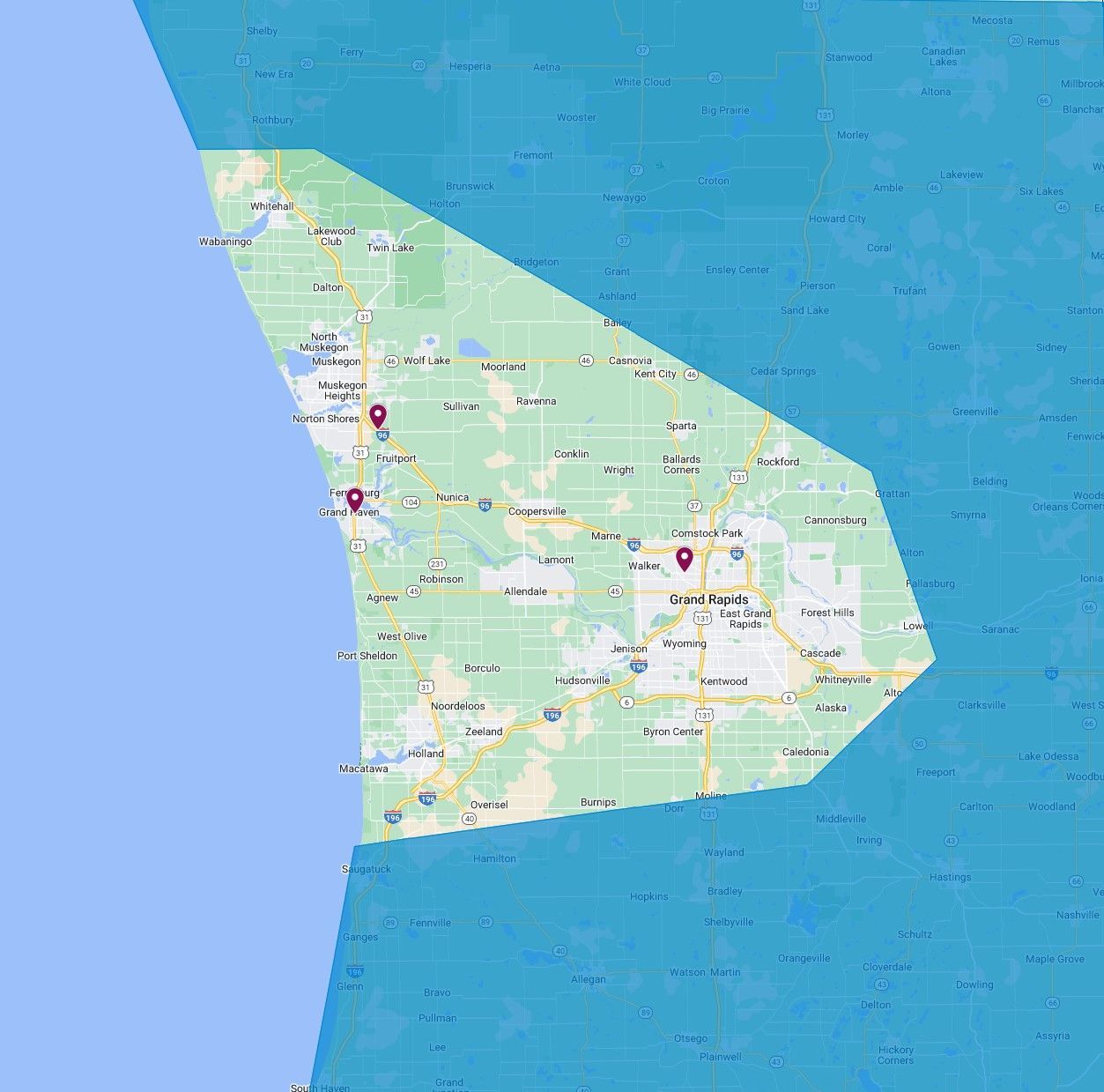Smoke Detector Check & Fire Prevention
It is important to be proactive in making sure your home has the least amount of electrical fire risk as possible.
Twice a year, at the start and end of Daylight Savings Time, it is recommended to change the batteries in your smoke detectors. Consider this your friendly reminder to replace those batteries!!
Here are a few other things that you should consider when it comes to smoke detectors and fire safety!
Does my home have enough smoke detectors?
There should be one outside each bedroom within 10 feet of the door, at least one on each level of your home, and often in the peak of a cathedral ceiling. Most homes end up needing 5-7 smoke detectors.
Do I need to replace my smoke detectors?
The life expectancy of most smoke detectors is 10 years. If your smoke detectors are older, you should check with the manufacturer to find out how often they recommend replacing them.
What are interconnected smoke detectors?
Fire safety and electrical code requires that the smoke detectors in your home are interconnected. What this means is that if a smoke detector in one part of your home alerts, all of the detectors throughout the home will also go off. Ex. If there is smoke in your basement, the basement detector will let all the detectors in the house know and they will go off in unison. The inexpensive “stick-on-the-wall” detectors do not meet these requirements, although they certainly are better than not having any detectors in your home.
What are things I can do to prevent electrical fires?
As many homes age, the electrical system ages as well. It is important to make sure your electrical service panel and wiring is updated. If there are open splices in your attic, crawlspace, or basement, those need to be addressed. Having dedicated circuits for large appliances can help prevent overloading on the wiring.s It i a good idea to have an electrical inspection done on your home, especially if your home is more than 20 years old. A certified electrician can look at your home’s electrical system and let you know of any fire hazards they see and discuss the best way to remedy those hazards!
What are red flags I should call an electrician for?
- Fuse boxes - are entirely outdated and need to be updated for the safety of your family and your home.
- Open splices - exposed wiring that is wire-nutted or twisted together is very unsafe. All connections are supposed to be in appropriate electrical boxes.
- Overloaded panel - if your breaker box is full and/or there are tandem (double) breakers being used, you need to get a larger panel or have a subpanel put in.
- Intermittent electrical problems - It is more dangerous for an electrical problem to come and go than it is to have something stop working all together. For example, if a breaker trips or a fuse blows, it is doing its job to prevent too much power from being used on that wire. If an outlet or light is working sometimes and not at other times, it is possible there is sparking in your walls! All of these types of issues need to be addressed, but some are more dangerous than others.
What are other fire safety things I should think about?
If you have any basement bedrooms, it is required that there are egress-sized windows in the bedrooms to allow for safe exit from the basement in the event of a fire. If you have second story bedrooms, consider buying a rope ladder that is stored in each bedroom that can be used to safety exit a second story window.
Here at Amp Electric, we take your safety seriously. Your family deserves the same safety as our families. If you have questions about the safety of the electrical in your home, please call us for a FREE estimate to make your electrical system safer! It is important to be proactive in making sure your home has the least amount of electrical fire risk as possible.



